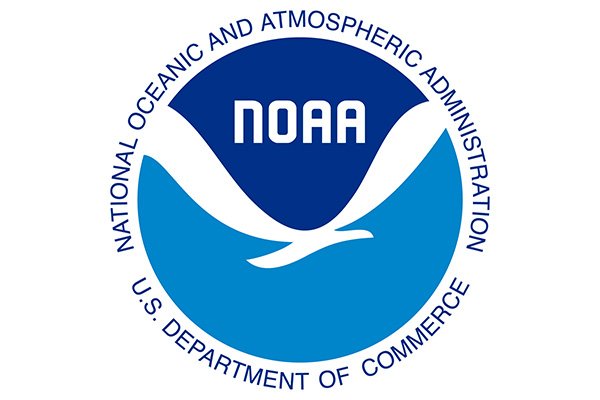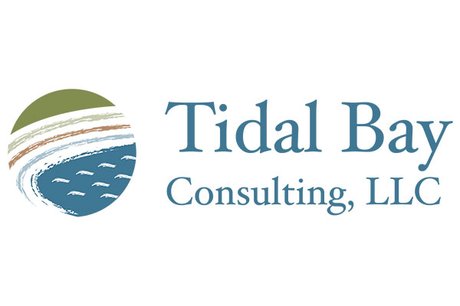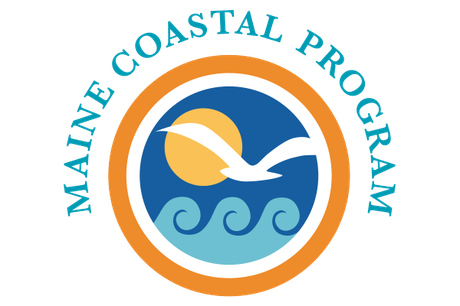Climate Smart Working Waterfronts
Ensuring working waterfront communities thrive in a warmer world .
We are working with Kittery, Portland, Tremont, and Lubec to establish a statewide model approach for working waterfront climate planning, that can be used by state officials, legislators, municipal governments, regional planning organizations, and blue economy businesses.
Project Goals:
- Develop a framework for assessing climate-related risks to working waterfront communities through a social, economic, and environmental lens.
- Build out processes to engage communities, including youth, in articulating values of and visions for the working waterfront.
- Build a decision support tool that supports working waterfront managers in implementing flood resilient adaptation strategies for key utilities and operations as a part of routine maintenance and storm recovery.
- Explore potential adaptation and mitigation actions to support climate-smart working waterfront communities.
Working waterfronts throughout Maine face a range of climate-related risks from sea level rise, warming waters, ocean acidification, and heavier rainfall events. In addition, working waterfronts are complex economic ecosystems, involving an array of infrastructure, operations, and businesses. Responding to these climate impacts and addressing these sources of climate warming not only builds socioeconomic resilience but unveils the possibility for new economic opportunities.
This project leverages our climate capacity at GMRI, municipal relationships, and knowledge of waterfront economies to ensure Maine’s coastal communities aren’t just prepared for climate change but are empowered to thrive in a warmer world and capitalize on the economic opportunity that responding to climate change can realize.
Project Team:
Project Sponsor
This project is generously supported through NOAA via an earmark by Senator Angus King.
-
![Reaching Resilience: Climate Services for Gulf of Maine Communities]()
Reaching Resilience: Climate Services for Gulf of Maine Communities
What resilience looks like in Portland might be different than what it looks like in Tremont, but our Climate Center team provides cities and towns …
Perspectives
-
![Gulf of Maine Warming Update: Winter 2023–24]()
Gulf of Maine Warming Update: Winter 2023–24
Over the past decade, scientists have led a body of research that highlights the rapid pace of warming in the Gulf of Maine. To help …
Reports
-
![National Climate Assessment Contributions]()
National Climate Assessment Contributions
In late 2023, four scientists from Maine played significant roles in shaping The Fifth National Climate Assessment (NCA5).
Tidings
-
![Introducing Gulf of Maine Tastemakers]()
Introducing Gulf of Maine Tastemakers
In early 2024, we launched our Gulf of Maine Tastemakers program, which consists of businesses and institutions that are committed to putting local seafood front …
Tidings








